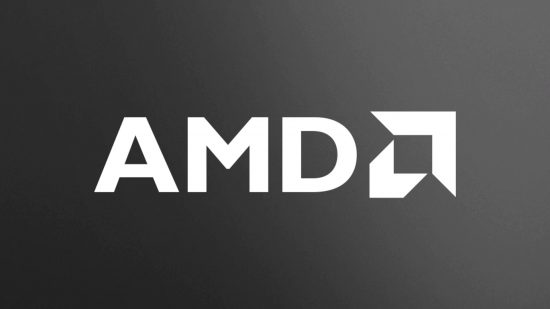The contest between AMD and Intel for the summit of CPU performance has been raging for years now, and it’s fair to say the two tech companies are pretty much neck and neck. In an interview with Tom’s Hardware, AMD Chief Technical Officer (CTO), Mark Papermaster, gives an insight into the new ground his company is breaking in the bid for top spot. And AI plays a big part.
AMD’s recent CPU offerings have been stellar, with the AMD Ryzen 9 7950X and AMD Ryzen 5 7600X both featuring in our guide to the best gaming CPU. It’s exciting to imagine what’s on the horizon for processors, and a lot of that’s thanks to Papermaster. AMD’s CTO has helmed the team exploring new technologies for over a decade. In a field renowned for swift change and an uncertain landscape, that’s no mean feat.
When asked by Tom’s Hardware reporter Paul Alcorn about increasing core counts in new AMD CPUs, Papermaster told us to expect, “more variations of the cores themselves… high-performance cores mixed with power-efficient cores mixed with acceleration.” In other words: hybrid CPUs, long the sole preserve of Intel, including AI acceleration are on the horizon for AMD.
The interview also delivers some fascinating insights into just how far you can leverage AI in the development of new technology. Papermaster particularly extols AI’s virtues in chip design, saying it “does an amazing job of having an infinite appetite to iterate, iterate, and iterate until you have a truly optimal solution.

“But it’s not just iterating… It’s iterating and learning. It’s looking at what patterns created the most optimal design, and so it’s actually speeding the rate of having an optimized layout of your chip design elements, and therefore giving you higher performance and lower energy, just like we’re doing with how we optimize our chiplet partitioning and chiplet placement.”
Of course, we’re in the infancy of AI in PC gaming tech, so even Papermaster can’t foresee where it’ll end up. But gamers can expect AI to drive breakthroughs in chip design, helping AMD push the boundaries of CPU performance. And, thanks to machine learning, those breakthroughs should come thick and fast, making the war between AMD and Intel more furious and exciting than ever. Whatever your views on AI, the future of CPU performance certainly seems bright.
